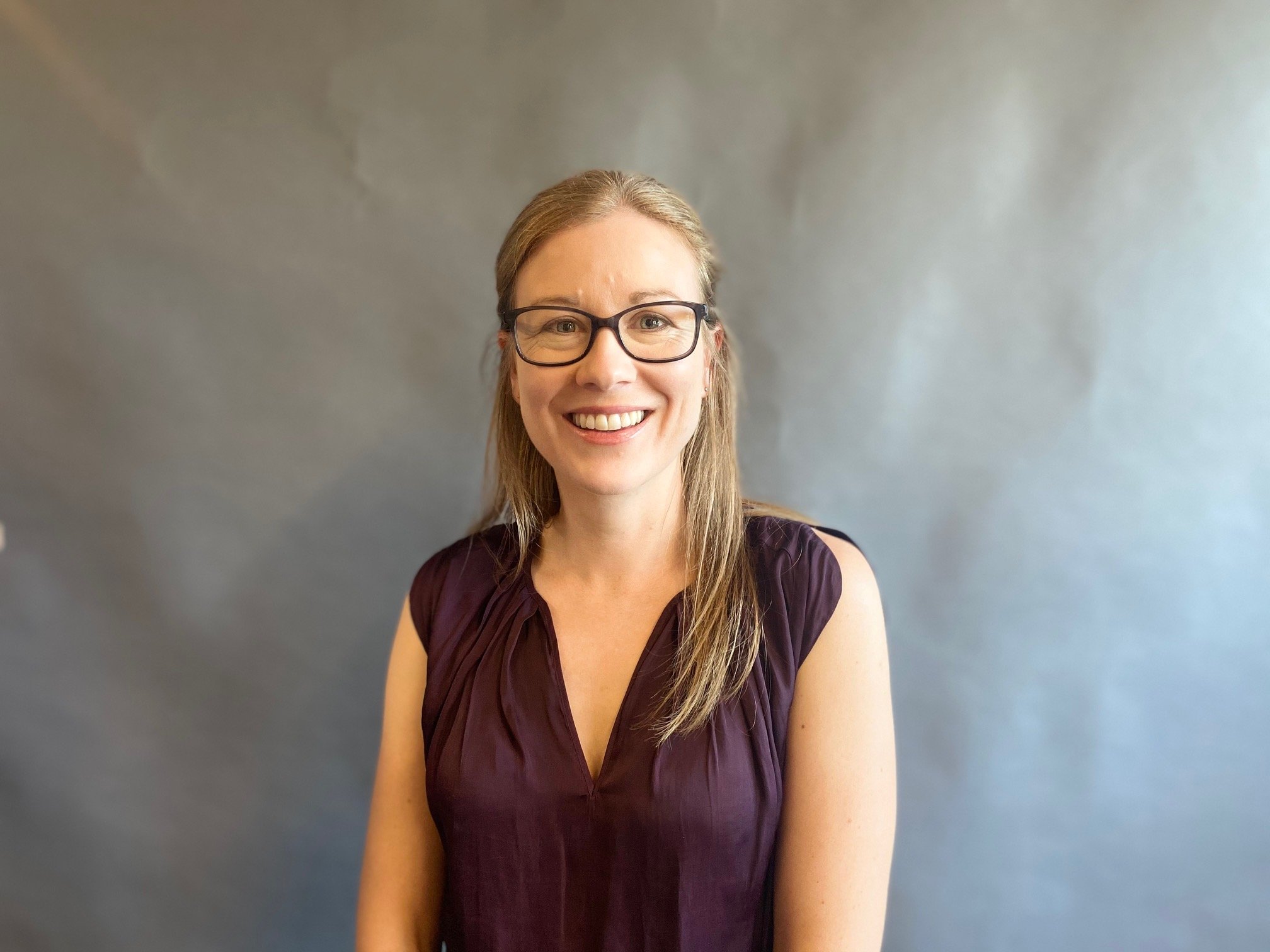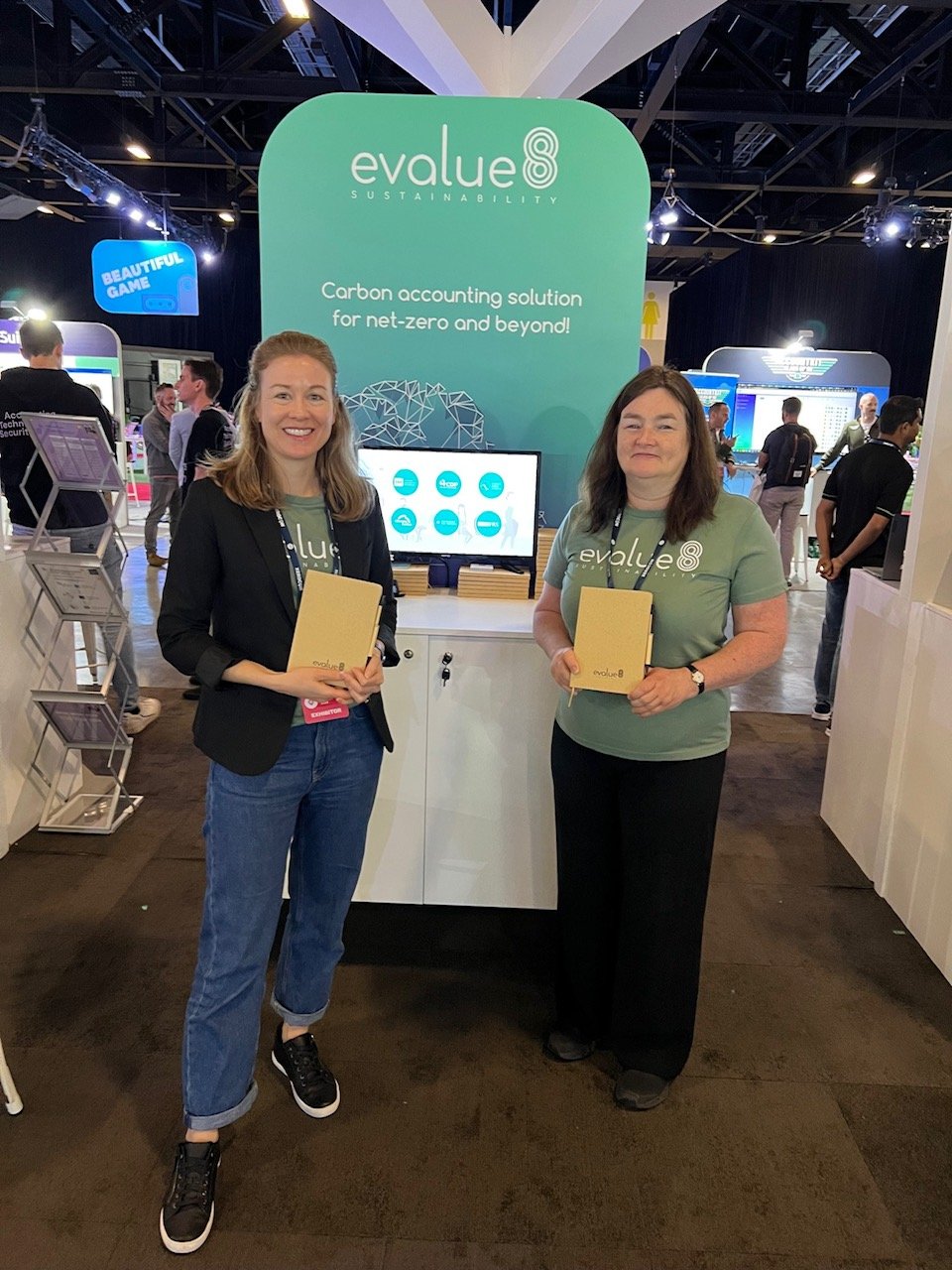Fintech founder Ilea Buffier shares her passion for sustainability
Evalue8 founder Ilea Buffier
Are you worried about climate change? Chances are it’s something you are passionate about. But not many of us have the courage to do something about it. But Ilea Buffier is a serial entrepreneur who has bought, invested in and founded companies that seek to make a difference.
Financially free
Many of us dream of being financially independent at a young age – maybe even retiring and travelling the world while we are relatively young. But Buffier managed the almost unthinkable: she graduated from high school without needing to get a job thanks to some prudent property investments and after-school renos.
And that could have been the end of this story. Buffier could have left the Canberra bubble and spent her life travelling the world and Instagramming her adventures or sat on the couch and watched Netflix. Instead, she bought a commercial furniture business, Ninetwofive Interiors. At 20 years of age, she became not just a shareholder but the boss of a company with a strong commitment to sustainability, with the company now certified carbon neutral by Climate Active.
Buffier said building a team to support her vision is important to her success as a female entrepreneur. ‘One of the criticisms I have received was that it was just me, and there was no redundancy in that,’ she said. Having a diverse team ensures her companies have sufficient redundancy, skills, and experience. But sadly, she discovered last year that a staff member had betrayed her trust and had been stealing from the company.
‘It definitely comes down to good people,’ she said of her management experience. ‘If you don’t have them, you need to be able to make tough decisions and changes – and have systems in support and check. I have had situations where the systems were working as intended, but then I realised that with a few staff changes, things had degraded – and suddenly, the systems were broken. You need to keep refreshing and picking it up.’
Early sustainability pioneer
In 2005, Buffier spent thousands of dollars paying consultants to work out Ninetwofive Interiors’ carbon footprint. The process involved months of data collection, including inputting invoices into Excel spreadsheets. ‘It was a very painful process,’ she said. Then, when the report came back, she realised the company had spent more resources working out how much carbon it generated than working out reductions it could have been achieving. This is a common problem that sustainability-minded companies face: spending hours of time and tens of thousands of dollars paying consultants to work out carbon emissions, which is not affordable for a small business.’
“When it collapsed, I knew I needed to do that again and then build on it because I had lots of other ideas about where I wanted to take it”
The experience prompted her to realise there was a need for a carbon accounting platform. Looking for solutions, she invested in Carbon Planet, which was one of the first environmental accounting platforms in the world. While she wasn’t involved in its technology development, she started its Canberra office and worked to promote it as a reseller becoming the Canberra distributor of the software and the consulting around it. But the Carbon Planet ceased trading following the repeal of the carbon price in Australia post the Global Financial Crisis. And there went her investment along with plans to expand the business.
Many would be deterred after taking a financial hit, but Buffier decided to use the knowledge she had gained to create her own platform. ‘When it collapsed, I knew I needed to do that again and then build on it because I had lots of other ideas about where I wanted to take it,’ she said. That led to what is now sustainability carbon accounting software provider Evalue8.
Starting a startup
Ilea Buffier (left) at Xerocon 2022
Buffier said there wasn’t carbon accounting software for SMEs when she started Evalue8 five years ago. If you needed to measure your company’s carbon footprint, you had to hire a consultant. ‘There was only one other company in the UK - also a startup - that was doing anything remotely similar to what we were,’ she said. ‘And so, it was creating an industry around what we were doing.’
Consequently, when she pitched to investors in the early days, Buffier was often asked how she knew if there ‘even was’ a market or whether customers would buy a carbon accounting product. But now, with mandatory carbon accounting happening in Australia from 1 July, many other companies are following suit.
The Government has introduced new measures that make climate-related financial disclosures mandatory from the 2024/25 Financial Year onwards in a phased approach. Buffier said these measures come five years from when she started her business. It’s significant because the industry has gone from one where she would be asked whether anyone would want the service to one with many service providers. ‘Now it’s taken off like a tidal wave,’ she said.
While Evalue8 was the first of its kind, she now has many competitors. ‘There are five or so that popped up in the first few years, and now I can’t keep track. I find a new one nearly every day,’ she said. ‘It’s just about securing our future and making sure we can outcompete these companies.’
Female fintech founder
Buffier is in a small club of women who have founded fintechs. And it has had its challenges, especially with raising capital. ‘Female entrepreneurs usually get asked about the risks while men get asked about the opportunities,’ she said, sharing how a male founder with a sustainability business raised $5 million despite not having experience. Meanwhile, Buffier now has almost 20 years of carbon accounting experience plus even more years of experience in business.
‘It can be painful,’ Buffier said of the process of pitching to investors. ’ Pitching to investor groups in Sydney and Melbourne was also challenging as it happened during COVID lockdowns when it was harder to get exposure to the investors. Lengthy due diligence requirements by potential investors also presented difficulties.
Meanwhile, her fintech – like many – has witnessed the fallout from the tech crash. Buffier believes many companies made ‘big projections and promises’ about what they could achieve but then were unable to realise them when the business environment changed. ‘The reality, especially in this climate when people haven't got spare cash to splash around, is that those projections they were budgeting on haven't come to fruition, and now they're all shedding their staff,’ she said. ‘And I think it's especially dangerous for those startups that raised a lot of capital and then hired a lot of staff to go with it. Now they've got this huge cost base that they must try to unwind and adjust to the projections, which is a scary position to be in.’
Canberra is home
Ilea Buffier (left) with ACT Chief Minister Andrew Barr (right), receiving a certificate as finalist of the Canberra Business Woman of the Year award 2019
Buffier started attending the Canberra Innovation Network’s First Wednesday Connect events in 2016. Then, she took all the courses they offered, starting with the precursor to Idea to Impact. A few years later, she applied for and was successful in the Griffin Accelerator Program and the Innovation Connect grant.
Buffier said her Griffin Accelerator Program experience helped take her business - and vision - to the next level. ‘I thought I was ambitious and thinking big with global expansion plans and that kind of thing,’ she said. ‘But the mentors there just took that out to another stratosphere. I hadn’t really had that 1:1 or group exposure before and to that level of success and entrepreneurial experience. So that was a brilliant experience.’
Buffier has no problems running a fintech out of a relatively small place such as Canberra. ‘Tech is location agnostic,’ she said. I think customers are not expecting me to go to their offices for meetings. It’s all online, but I have met clients who are in Canberra.’



